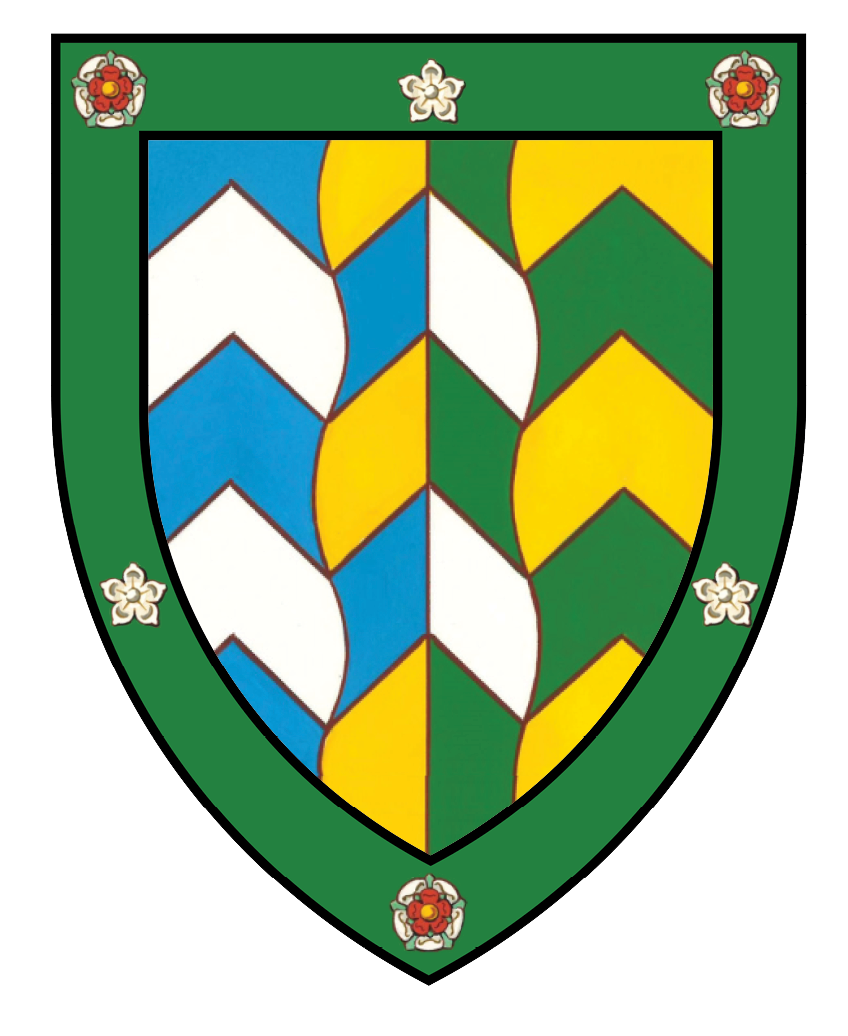Conservation advice for visitors
Handling guidelines: help us to preserve Cumbria's archives
On your visit to Cumbria's Archive Centres you will have access to unique and irreplaceable archives that record our county's history. Help us to secure their survival for future researchers.
Repeated handling of the unique records in our care gradually reduces their natural life. The most commonly used materials for old documents, such as paper, parchment and wax seals, inevitably and progressively deteriorate over time. However we can slow down this process by taking suitable precautions:
- digitising fragile items
- providing modern transcripts when possible
- using acid-free packaging and storing records under optimal environmental control
We are not able to provide photocopies of documents to reduce handling of documents and cash. You can take your own photographs, providing you can photograph the documents without possible damage. We can arrange our specialist Digitisation Service to provide you with photographs of outsize or fragile records, and for high resolution publication-quality images.
Our handling guidelines
Please help to protect the archives by following these guidelines:
- Hands should be clean and rewashed as necessary to avoid dirtying documents, and to remove chemical residues from hand sanitisers, hand creams, and other cosmetics
- Please avoid touching the text of documents. The inks used can be very fragile and may flake off. Ask the staff for a protective sheet of transparent material ("Melinex") to lay across documents and pages
- Bound volumes should not be opened flat as this puts strain on the spine of the book. Make use of the book cushions, book wedges and book 'snake' weights whenever possible, and please feel free to ask staff for help
- Do not move items from your allocated table. Ask staff for assistance if you wish to move material
- Do not change the order of documents in archive files or rolls produced for you
- Use the disposable gloves provided when consulting photographic materials if asked to by staff
- Do not rest or lean on items, even when they are covered with the transparent sheets. Do not place anything on top of an unprotected document. This includes your notebook or other belongings (pencils, spectacles etc.)
- Ask the staff for guidance if a map tracing is required
- Ask staff for acid-free paper slips if you need to mark your place or follow text with your finger
- Do not place any of your own items on or inside the records
- Use a pencil to make your notes, and do not mark the archival material in any way
- Sometimes we are unable to produce fragile documents for you. Use microfilm copies, digital images or transcriptions if asked to when these are available. Some document formats (such as glass plate negatives) will not be produced
- Help us by reporting damaged documents to Archives staff. Our conservators can take steps to prevent further deterioration, or repair the document if resources allow
